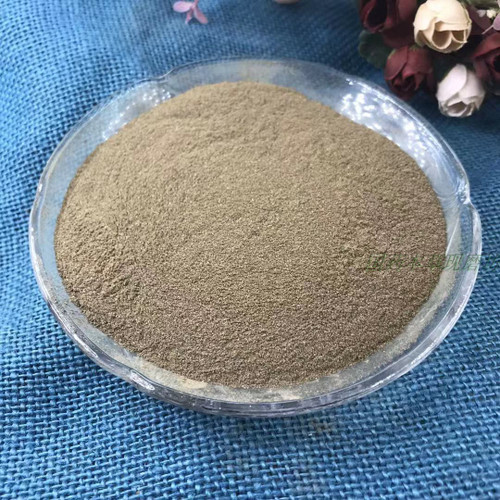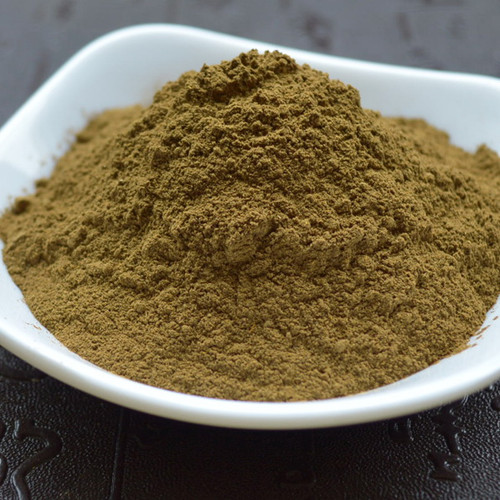Product Overview
Parts used: Dried tuber
TCM category: Herbs that pacify Internal Liver Wind and stop Tremors
TCM nature: Neutral
TCM taste(s): Sweet
Meridian affinity: Liver
Scientific name: Gastrodia elata
Use of gastrodia rhizomes (Tian Ma) in TCM
Please note that you should never self-prescribe TCM ingredients. A TCM ingredient is almost never eaten on its own but as part of a formula containing several ingredients that act together. Please consult a professional TCM practitionner, they will be best able to guide you.
Preparation: Remove impurities, wash, soak in water, cut in thick slices and dry.
Dosage: 3- 9 grams
Main actions according to TCM*: Calms Liver Wind. Sedates Liver Yang and relieves convulsions. Relieves Wind and stops pain.
Primary conditions or symptoms for which gastrodia rhizomes may be prescribed by TCM doctors*: Convulsions Headache Dizziness Numbness of limbs Epilepsy Tetanus
Contraindications*: This herb should not be taken in large doses or for extended periods of time.
Common TCM formulas in which gastrodia rhizomes are used*:
For migraine headaches combine gastrodia rhizomes with szechuan lovage roots (Chuan Xiong) and achyranthes roots (Niu Xi).
For headaches caused by hyperactive Liver Yang with hypertension combine gastrodia rhizomes with gambir stems and thorns (Gou Teng), baikal skullcap roots (Huang Qin) and achyranthes roots (Niu Xi).
For joint pains caused by Wind-Damp obstruction combine gastrodia rhizomes with frankincense (Ru Xiang) and szechuan lovage roots (Chuan Xiong).
For numbness of the limbs and extremities combine gastrodia rhizomes with szechuan lovage roots (Chuan Xiong), dong quai (Dang Gui) and achyranthes roots (Niu Xi).
Key TCM concepts behind gastrodia rhizomes (Tian Ma)'s properties
In Traditional Chinese Medicine (TCM), gastrodia rhizomes are plants that belong to the 'Herbs that pacify Internal Liver Wind and stop Tremors' category. These herbs are used to treat so-called 'hyperactive Liver Yang'. Concretely this translates into high blood pressure as well as seizures, spasms, convulsions, dizziness and vertigo. These herbs often seem to have a powerful antispasmodic effect on the nervous system.
Furthermore gastrodia rhizomes are plants that are Neutral in nature. This means that gastrodia rhizomes typically don't affect the balance in your body. Balance between Yin and Yang is a key health concept in TCM. Eating too many "Hot" (Yang) ingredients can lead to an imbalance whereby one has a Yang excess. The inverse is true as well: too many "Cold" (Yin) ingredients can lead to a Yin excess. The Neutral nature of gastrodia rhizomes means that you don't have to worry about that!
Gastrodia rhizomes also taste Sweet. The so-called "five elements" theory in Chinese Medicine states that the taste of TCM ingredients is a key determinant of their action in the body. Sweet ingredients like gastrodia rhizomes tend to slow down acute reactions and detoxify the body. They also have a tonic effect because they replenish Qi and Blood.
The tastes of ingredients in TCM also determine what organs and meridians they target. As such gastrodia rhizomes are thought to target the Liver. In TCM the Liver is often referred as the body's "general" because it is in charge of regulating the movements of Qi and body fluids. It also takes a leading role in balancing our emotions.
Use of gastrodia rhizomes (Tian Ma) as food
Gastrodia rhizomes are also eaten as food. It is used as an ingredient in dishes such as Double-boiled Chicken Soup with Ginseng and Gastrodia Root.






